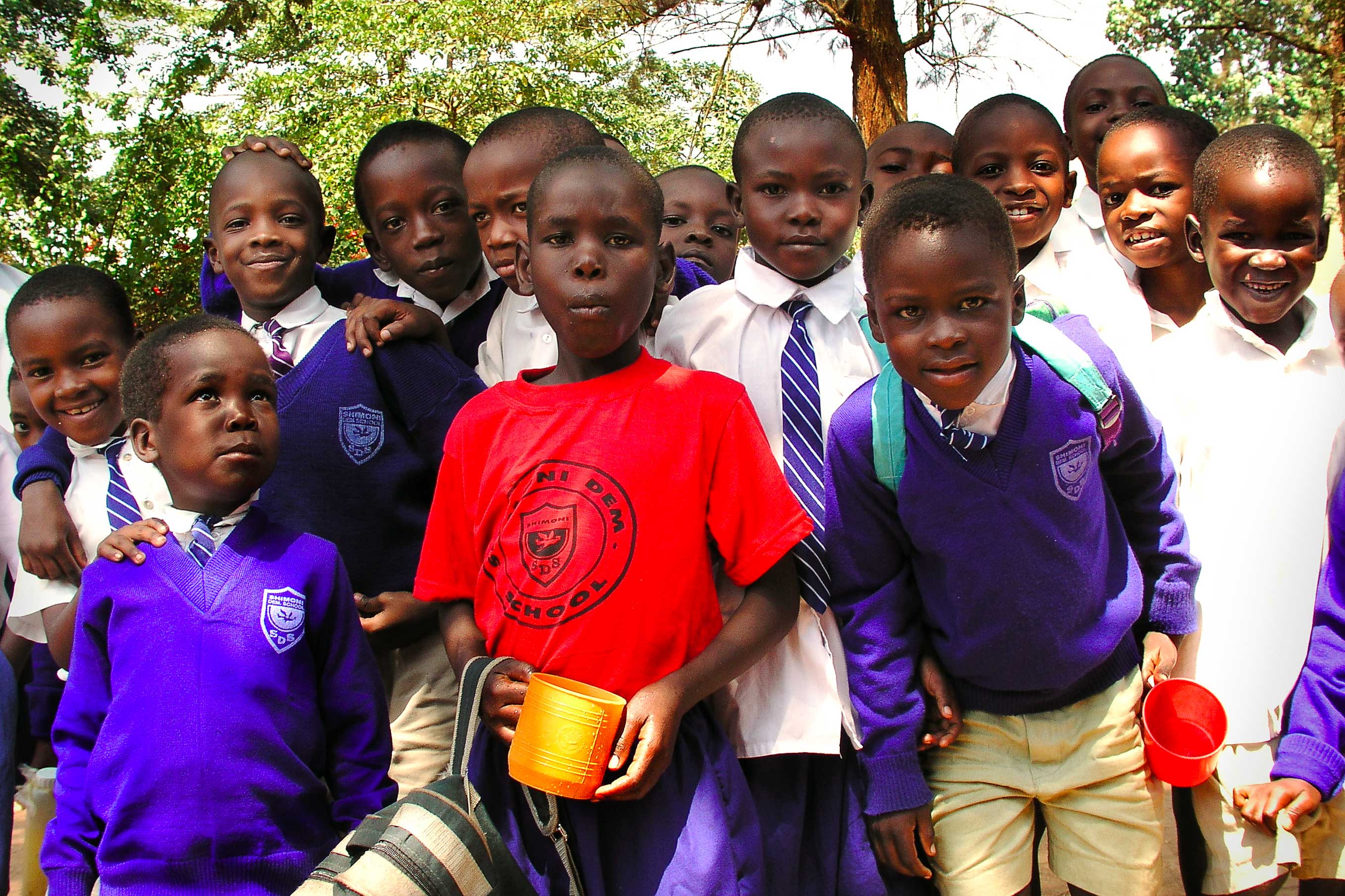International trade policy in the context of climate change imperatives
Trade policy is a key element in climate policy.
How goods are transported is the most obvious consideration, though it is only one of many climate-related issues.
Trade policy can determine industrial policy and thus shape economies, e.g. by directly affecting logging and resource extraction or prompting emission-heavy industry to relocate from Europe to countries with laxer regulations.
This is the second time the Greens have been in charge of coordinating the Parliament's position on trade and climate change, giving us increasing authority on the issue.
What was the Greens' position?
The Greens advocate a trade policy geared towards saving our planet's climate rather than aggravating climate change.
We believe that CO2 emissions should be slashed by 80%-95% by 2050, in line with the European Commission's plans.
But the EU might fall short of achieving this unless more ambitious short-term goals are set.
We are calling for a reduction of 30% by 2020, even in the absence of a binding international agreement.
We also want the WTO to be able to differentiate between equivalent products' climate impact.
Did other MEPs accept the Greens' position?
The Greens succeeded in defending core elements of the report against intensive lobbying by the iron and steel industry and other emission-heavy sectors.
The German delegations of the EPP and ALDE were more open to industrial lobbying and tried to water down the report on several occasions. Nonetheless, the report called on the EU to lead by example.
As the largest trade bloc it can modify its agreements with developing countries to include climate imperatives, introduce climate-related provisions in bilateral trade agreements and influence WTO rules.
Which points did the Greens lose?
Procedure:Own-initiative procedure
Reference(s):2010/2103(INI)
Lead MEP:Yannick Jadot (Greens/EFA)
Green MEP responsible:Yannick Jadot (Greens/EFA)
Voted:25.11.2010
Staff contact:Martin Köhler (Email)
Outcome of the vote
Below you find the results of the final vote in plenary. How did the political groups vote? What about national delegations? And what was the position of your MEP?
